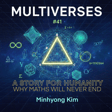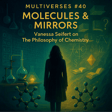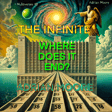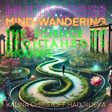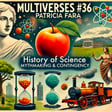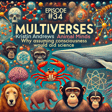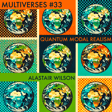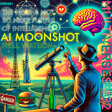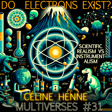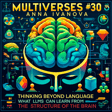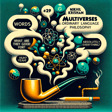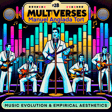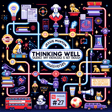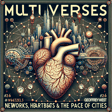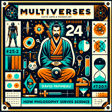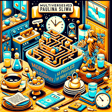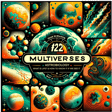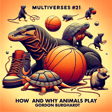
Consciousness is not Computation — Christof Koch
Christof Koch is a pioneering neuroscientist and one of the most prominent advocates of a scientific approach to consciousness. He has spent decades working at the intersection of neuroscience, philosophy, and computation.
Christof is one of the foremost proponents of Integrated Information Theory (IIT) — a radical proposal that attempts to explain consciousness in terms of causal structure. IIT begins not with the brain, but with experience itself. It takes as its starting point what is undeniable: that something is happening right now — that experience exists. It then looks at the features of conscious experience, for example, that is unified yet composed of parts, and contentful. From there, it builds a theory describing which physical systems support conscious states.
In this conversation, Christof and I explore what a scientific theory of consciousness might need to achieve, and why behavior alone — even the impressive feats of AI is not enough. Nor indeed is any computational account of consciousness: consciousness is about structure, two structures may lead to the same outcomes, but their form might mean that one is conscious and the other not. But we also touch on experience beyond theory — Christof’s reflections on psychedelic experiences and the dissolution of the self.
This is a conversation about what it means to be a whole, what makes a system truly unified — and what it might take to understand, and perhaps even expand, the field of consciousness. Christof’s latest book is Then I Am Myself the World: What Consciousness Is and How to Expand It.
